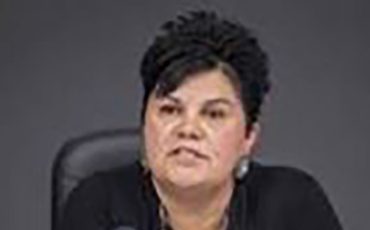By Lisa Eisse Writer TORONTO- Who gets to intervene in Six Nations multi-billion-dollar land rights case is now in the hands of Justice Jasmine T. Akbaral after the Mississaugas of the Credit First Nation (MCFN) challenged whether Six Nations Haldimand Deed is an actual treaty. The court heard Friday (May 12) from MCFN lawyer Nuri G. Frame that the case has important implications to MCFN, “It is essential and foundational to my clients worldview, to their cosmology, to their understanding of their place in the world. To their understanding of their future generations’ place in their world. Southern and southwest Ontario is their traditional territory.” The MCFN are seeking intervenor status in Six Nations huge land rights case that has been valued at billions of dollars. Their lawyer, Nuri Frame told…










